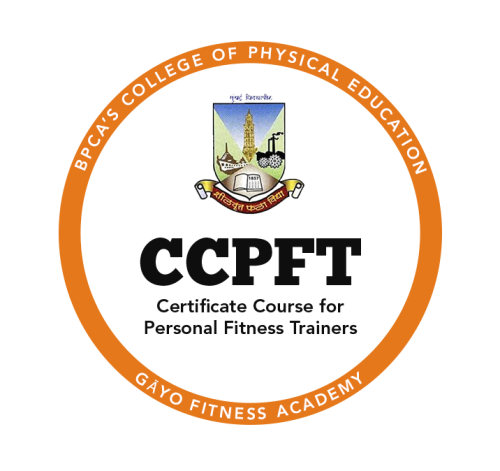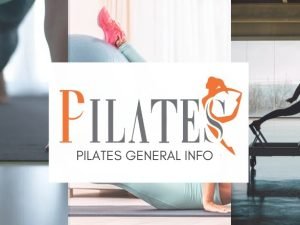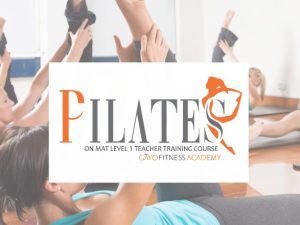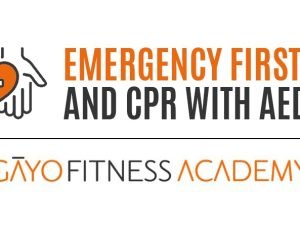All examination question papers including those for home assignments and other sections of the formative and summative examinations or assessments will be set in English.
The Assessments sheets to guide the assessors will be in English.
The student may submit the examinations in full – and not in part – in English or, by prior notice at the time of enrolment to the course and / or through the submission of the enrolment form, in the local language that is understood, read, written and spoken by the majority in the specific batch of students. The students in the minority may make the submissions in English or defer them till such time as there is a batch in which their language is the majority language.
Example: if the batch has 50 students, if more than 25 comprising the majority understand, read, write and speak Malayalam, the students in majority may submit the examinations and assignments in Malayalam and the balance number of students may submit the examinations and assignments in English.
Phase A – Mid-Course: FORMATIVE
- Practical Home Study Assignment Maximum marks 200
- Student is required to make field visits and submit written observations
- Practice exercises from among the exercise formats presented. Video recordings will be submitted for assessments
- Theory Exam 100 Multiple Choice Questions Maximum marks 100
The subjects covered are: Anatomy, Physiology, Kinesiology, Principles of Diet & Nutrition Management.
- Home Practice Questions by way of revision Maximum marks 100
The formative assessments lead to student-specific guidance and mentoring to ensure that each student understands the concepts in Exercise Sciences and meet academic standards of the Academy as also develops the enthusiasm and motivation to do research oriented work that will later help progress in his / her career in the future.
The formative assessments may be considered in cases where the below described summative assessments prove to inadequate to do justice to the student’s overall performance – for example: a case where the student is challenged physically.
Phase B – Course-end” SUMMATIVE
- Real-time (In-Classroom) Assessment. Maximum marks 100
Student will be assessed for in-classroom interaction, proactive participation in class, punctuality, social skills, etc, on basis of OSCE principles. Knowledge of English and regularity on social media are NOT relevant to this assessment.
- Theory Exam: 100 Multiple Choice Questions. Maximum marks 100
The online exam is proctored:
- no major body movements are allowed
- multiple windows cannot be opened on the device during the course of the examination
- the answers are automatically tallied and marks allotted accordingly.
The subjects covered will include –
- Anatomy & Physiology, Kinesiology, Theory and Practice of Fitness and Strength, Diet and Nutrition and other subjects in the syllabus
- practical training workshops including the theory or “physiologies” underpinning them.
- Fitness Assessment & Exercise Periodization
- Home Assignments. Maximum marks 150
The assignments vary from batch to batch and cover topics such as –
- visit to a gym and analyse the type and number of equipment and its layout
- a 3-minute video recording of the student explaining a particular weight training exercise – the technique, the muscles engaged, the purpose and benefits of the exercise
- Write an essay on the benefits of First Aid & CPR and the Indian laws relating to it,
- Case Study. Maximum marks 200
Student has to select one of two case studies and present and defend it at the time of the viva voce exam.
- Practical Training Exam – Peer Teaching Lesson. Maximum marks 300
Each student will randomly pick one exercise from a list of 25 exercises and:
- Introduce himself / herself
- introduce the exercise
- demonstrate the exercise
- teach it to the “client”
- training cues – check for safety, breathing etc
- “close” the exercise session.
- Viva Voce. Maximum marks 150
Oral questions will be asked about the exercise taught, related kinesiology and exercise prescription as mentioned in the Case Study submitted.
TOTAL Marks – 1,000
The summative assessments lead to an objective assessment of the student on the basis of his performance DURING and at the end of the course. It also serves as a source of feedback that our IQA can use for improvements in syllabus and knowledge delivery. This examination process of 1,000 marks is the only mechanism for assessing the students’ performance throughout and at end of the course.
Summative assessment may be used in consultation with the Moderator and the Internal Quality Assurance Committee only in exceptional cases.
ASSESSMENT
Assessment Grades printed on CCPFT certificates – University of Mumbai.
As percentage (%) of total marks obtained out of maximum 600 marks –
- Below 49.99% – Grade D (FAIL)
- 50 – 54.99 – Grade C
- 55 – 59.99 – Grade B
- 60 – 69.99 – Grade A
- 70 – 100 – Grade O (Outstanding)
EREPS Level 4 certificate is granted to students who earn 70% or higher in the examinations.
If the student does not obtain 50% or more in the Level 3 or Level 4 personal trainer exams and / or does obtain 70% or more to qualify for the EREPS Level 4 certificate, he or she will have to pay a re-exam fee as per Academy rules and thereafter re-submit the examination in the next batch / course.
Independent Examiners and Moderators
Assessors are “third party” examiners: they do not teach in the course batch of students being examined. Assessment is carried out by senior tutors who are trained and certified as Level 3 Assessors by Focus Awards (UK).
Each student assessment is “moderated” by a team of three independent moderators one of whom is from the Internal Quality Assurance committee member.
The student may appeal against the result of his examination and his application will be examined by the Committee of Appeals.






















